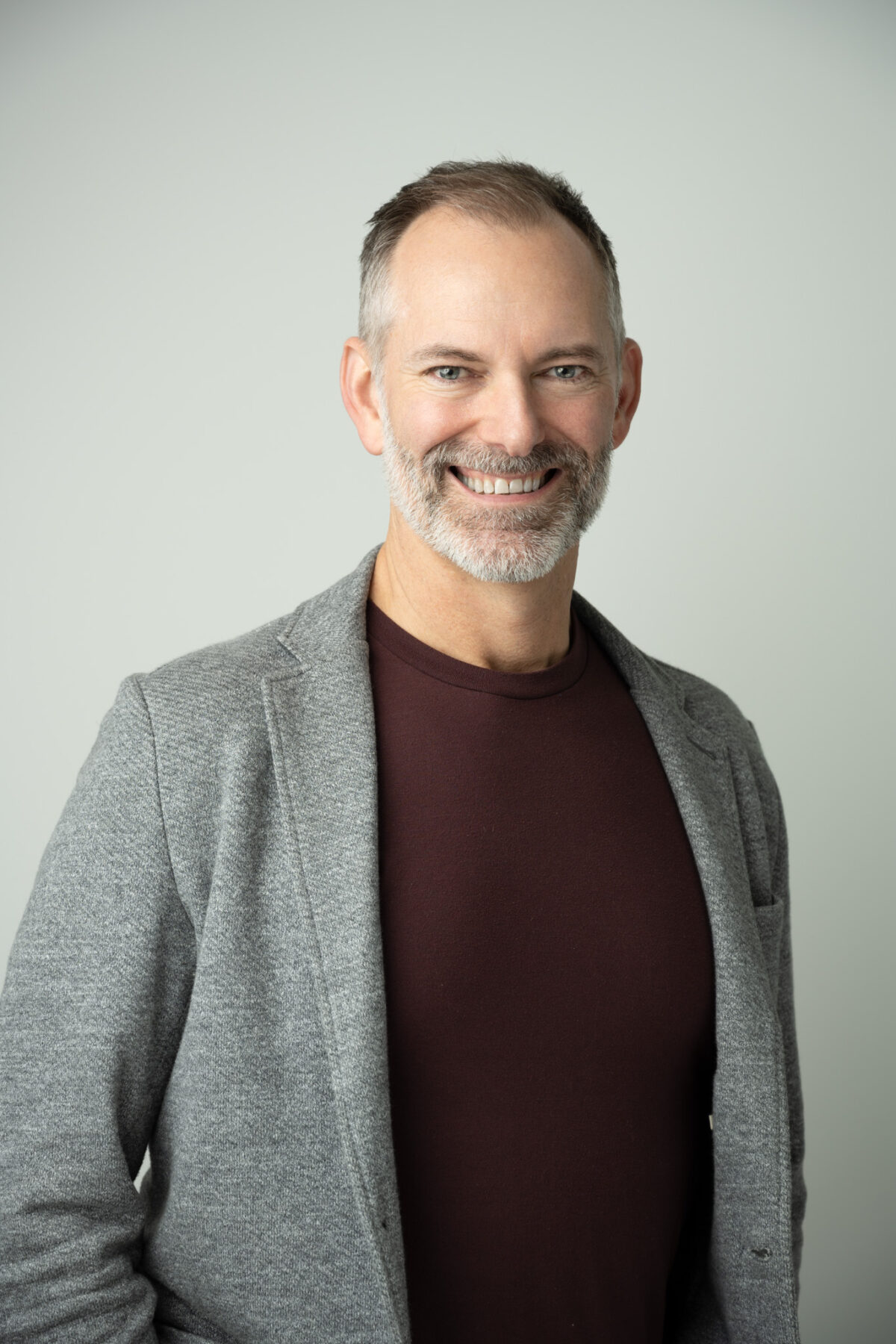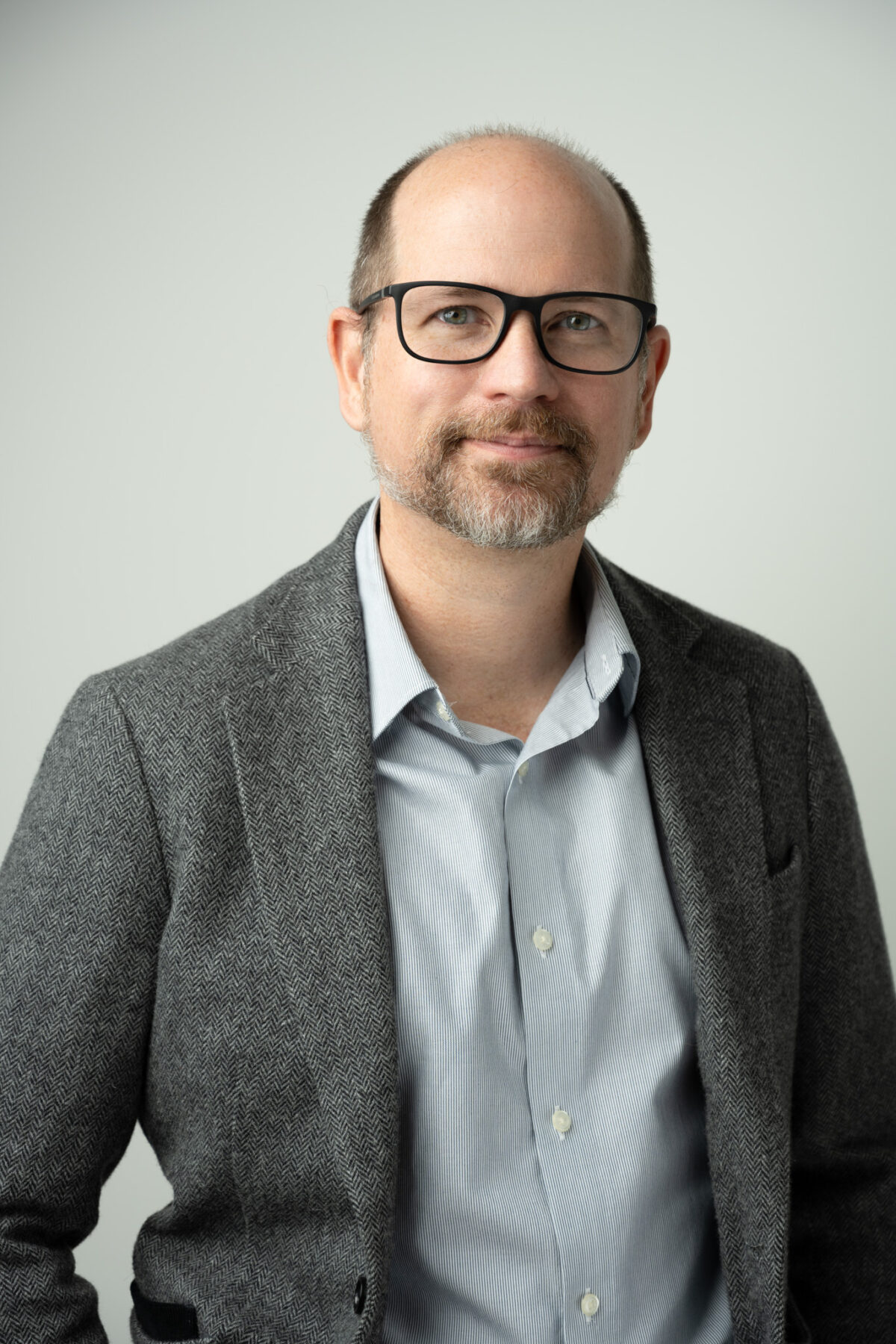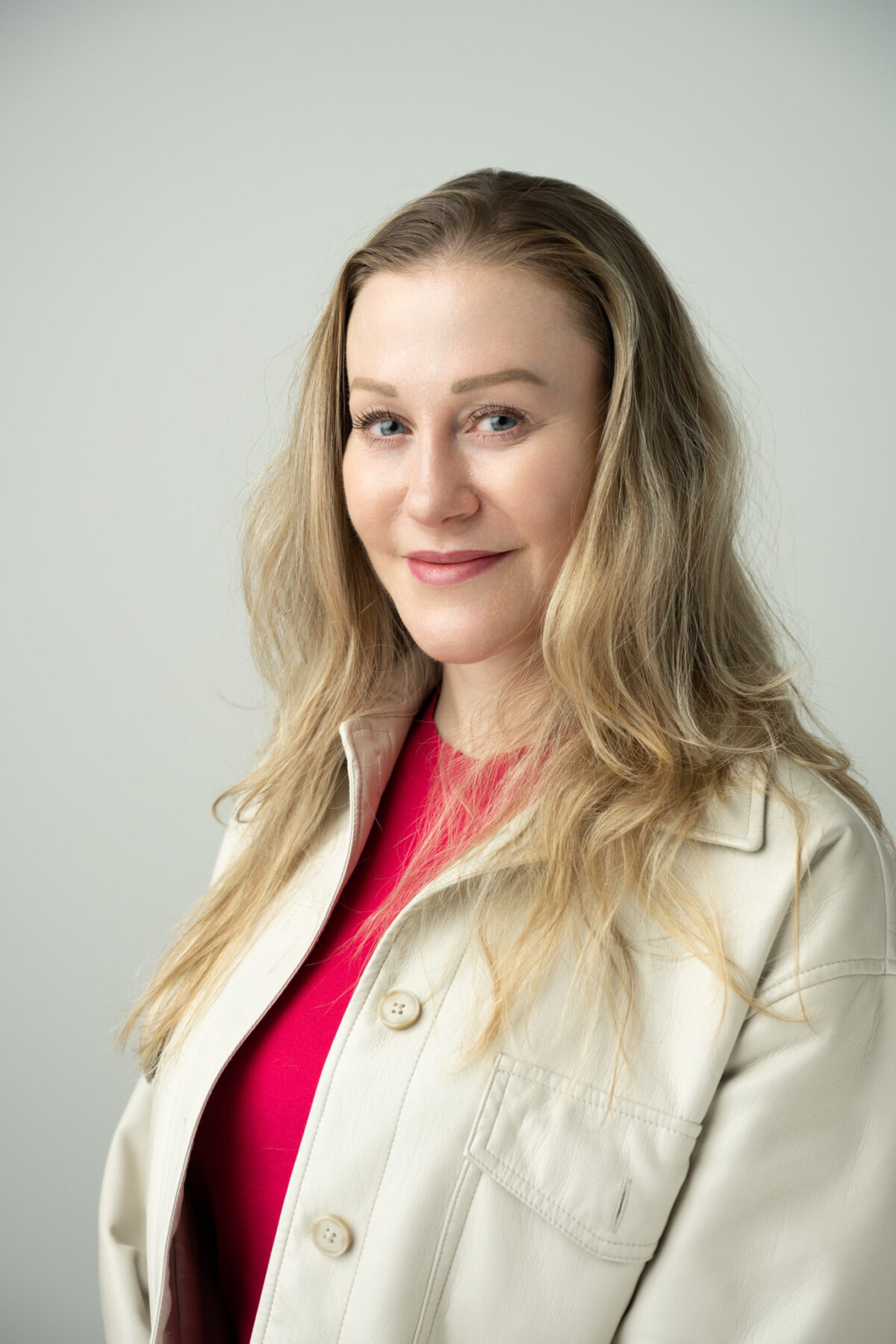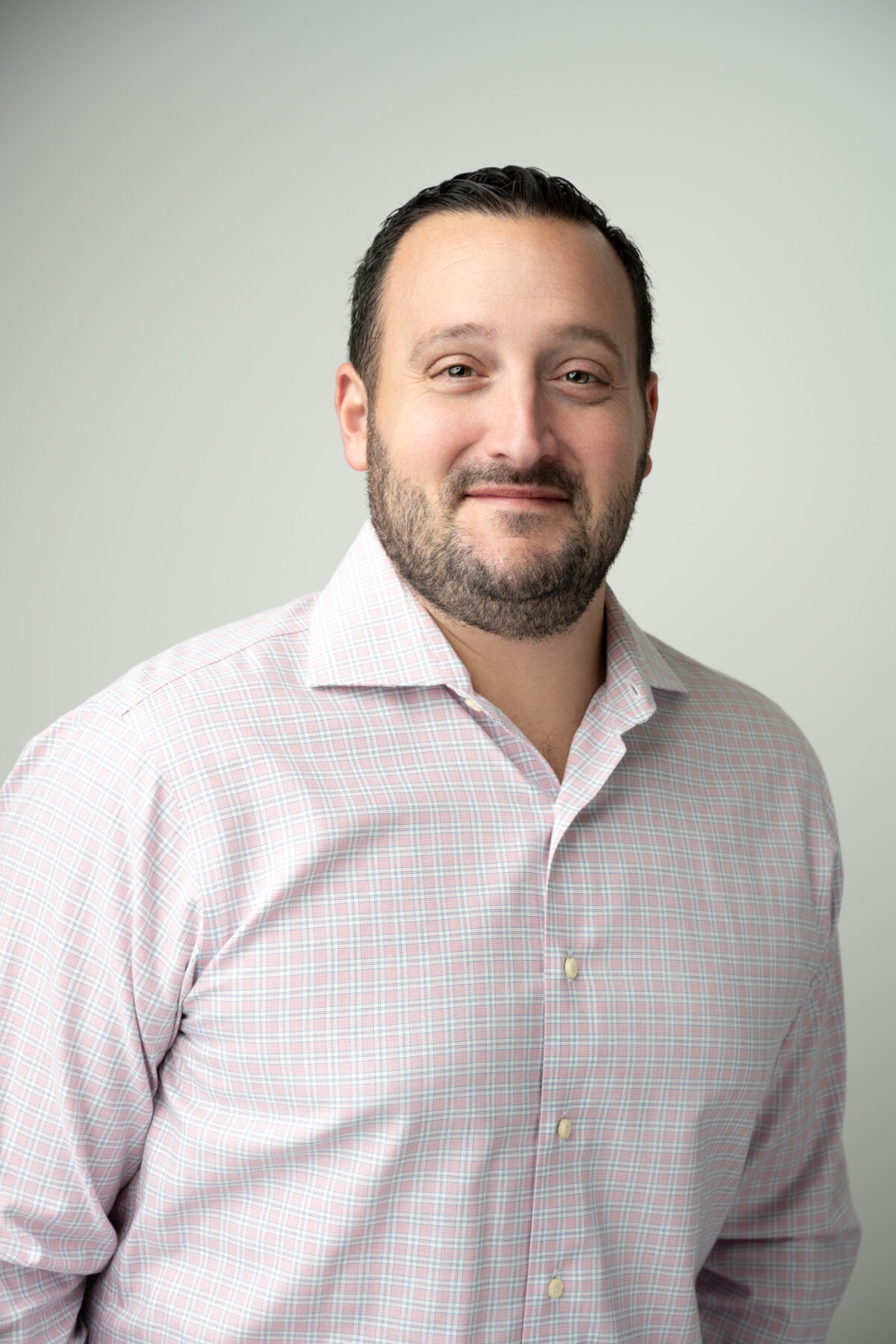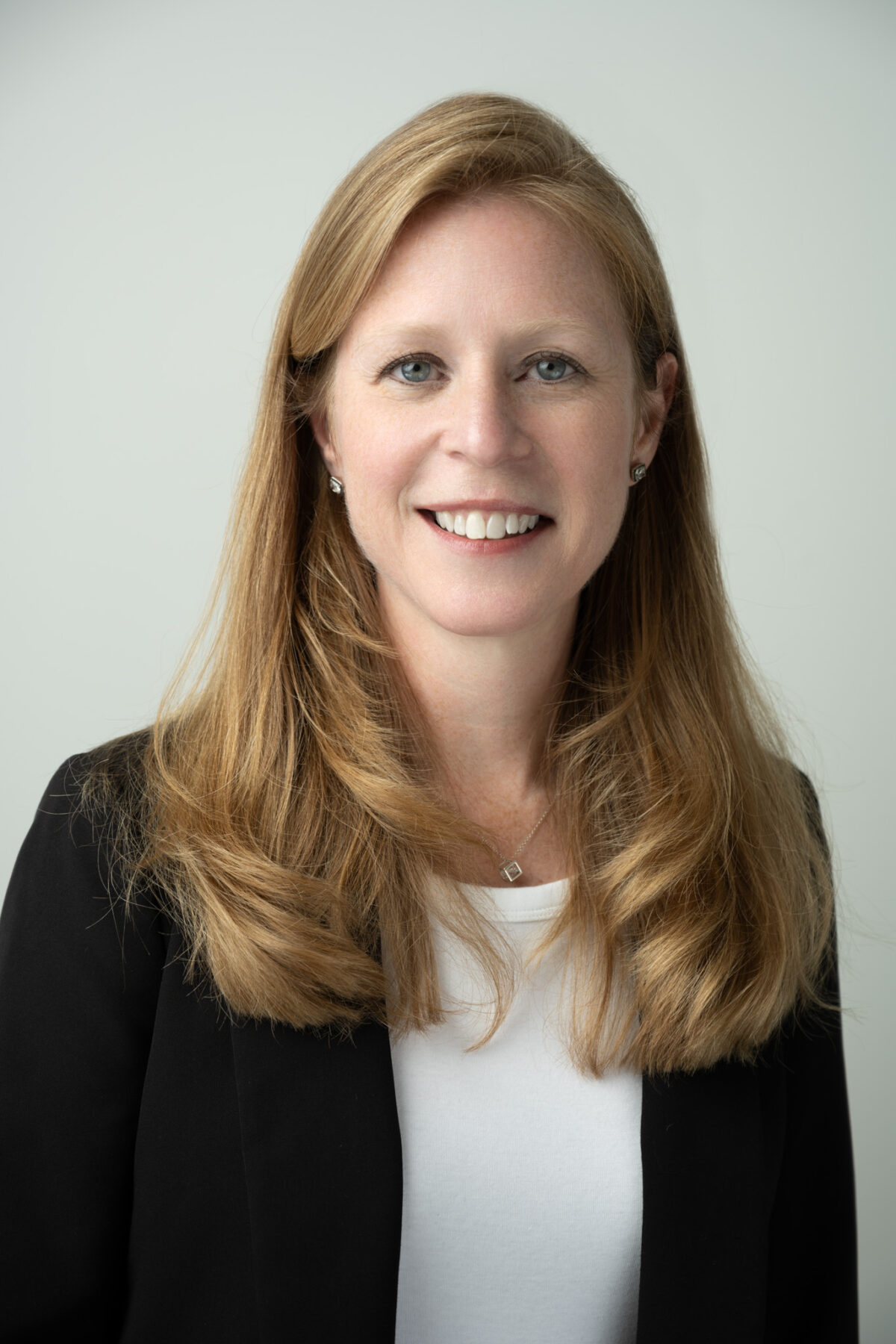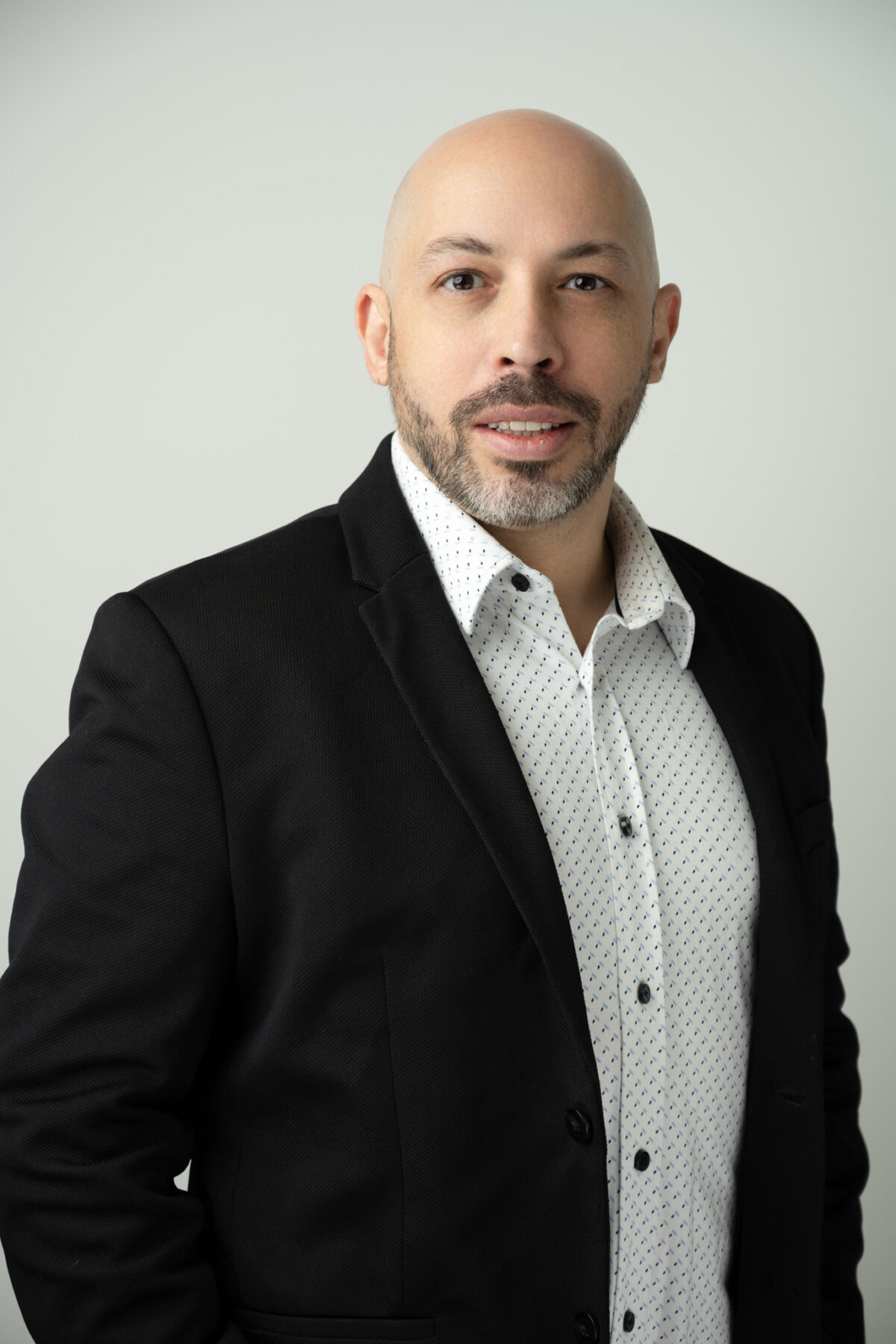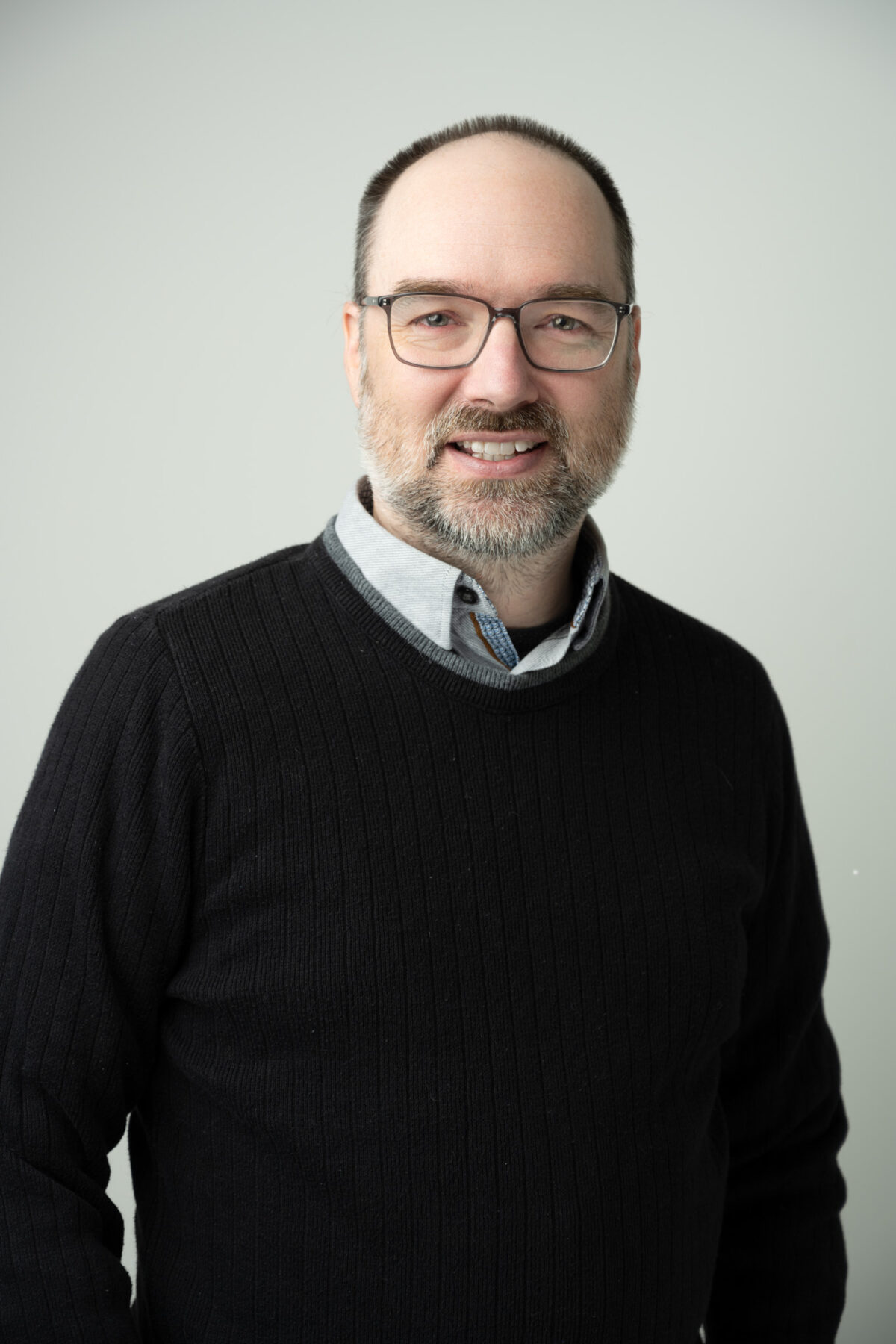We Are ActiveState
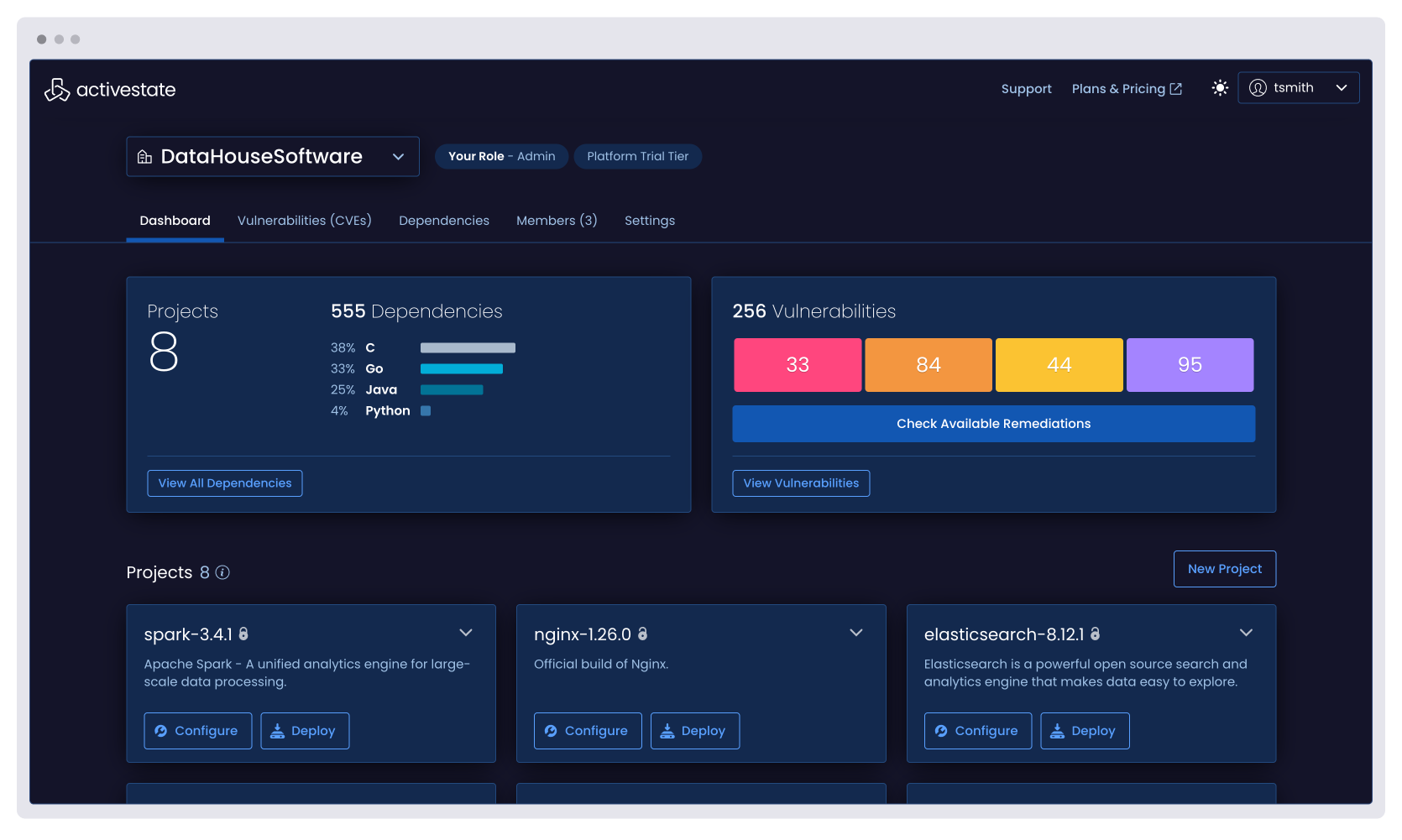
Your partner for taming open source complexities
94,000
Monthly active users
40M
Open source libraries supported (and counting!)
89%
Countries globally have ActiveState users
Our vision and mission
Our vision is to free organizations to create, maintain, and share software without limits. Our mission is to deliver open source management at scale.
Delivering an integrated, end-to-end platform, combined with a customer-obsessed team, ActiveState equips businesses with the speed and confidence they need to achieve their goals.
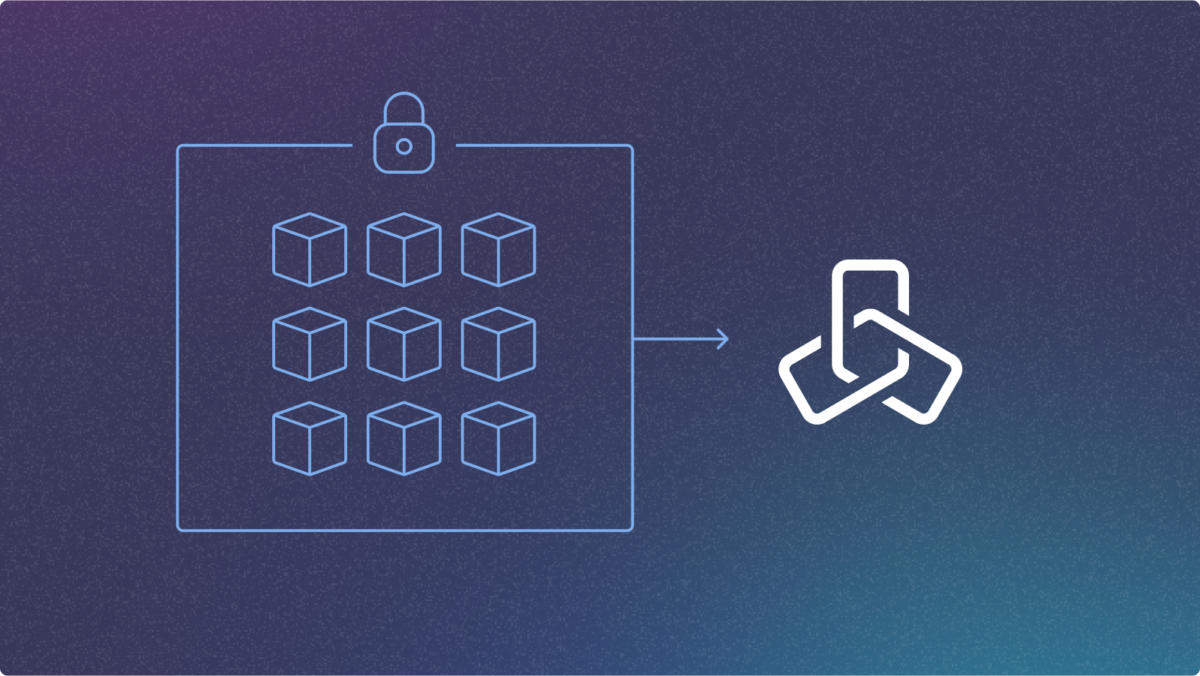
Our Company Values
Embrace new thinking
What gets us to tomorrow’s goals is not what got us to today’s. To achieve our ambitions, we must question the status quo, seek out new ideas, and constantly experiment.
Take ownership
Activators act on behalf of the company, our customers, and the bigger picture. We make it our responsibility to make sure things are done and done well.
Speak up
None of us is always right nor has all the answers. An idea, critique, or question gone unspoken may mean the difference between our success and failure.
Obsess about our customers’ success
Activators relentlessly pursue ways to make our customers successful. We are never satisfied, and we never just tick a box.
Empower others to be their best
We maintain high standards, offer ongoing support, and deliver continuous feedback to unlock the talent within our team, our community, and our customers. When we get this right, something magical happens.
Ad eos saepe lucilius
At eripuit signiferumque sea, vel ad mucius molestie, cu labitur.
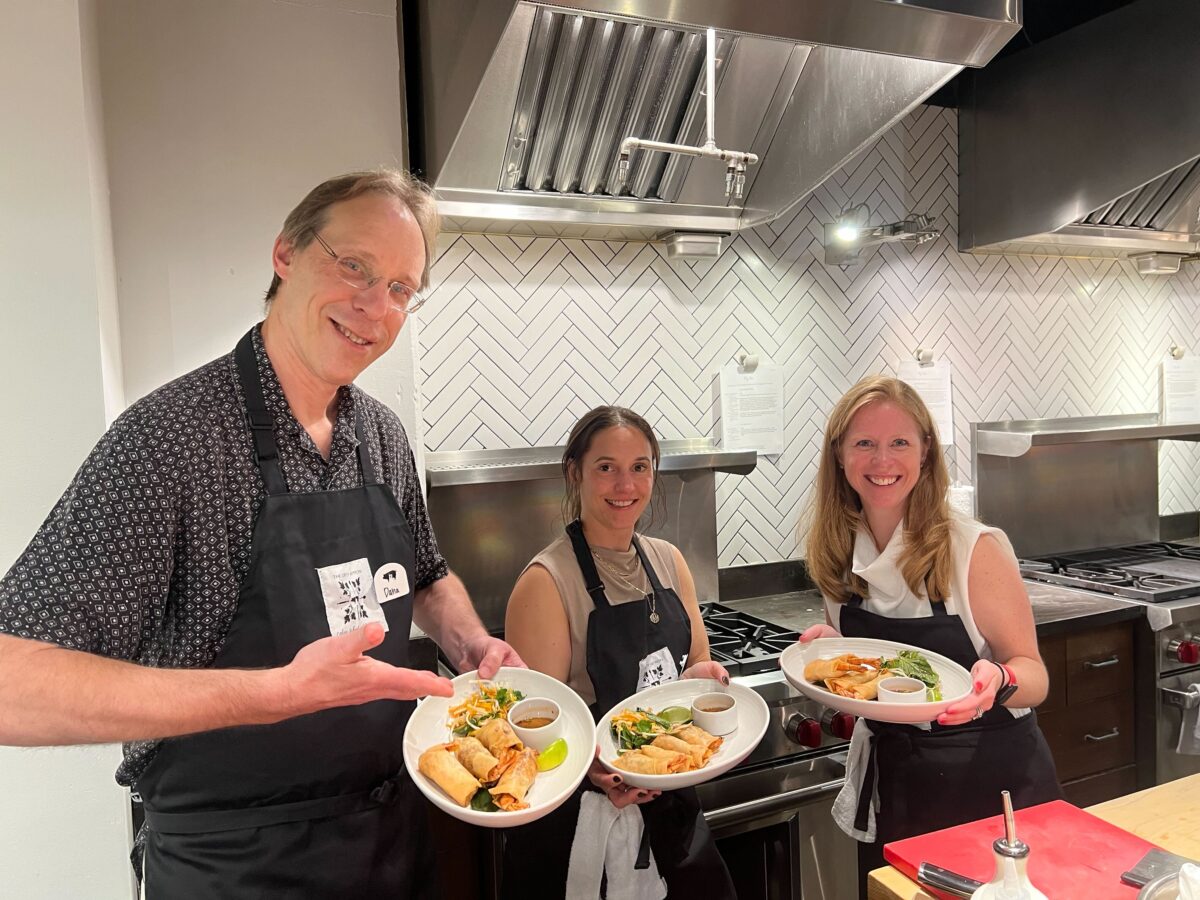
Interested in joining us?
Our success – and that of our customers – is driven by the intelligent, curious, and committed people that make up our team. Ready to make open source safer and more effective for the enterprise? Join our team!

Ad eos saepe lucilius
At eripuit signiferumque sea, vel ad mucius molestie, cu labitur.

Ad eos saepe lucilius
At eripuit signiferumque sea, vel ad mucius molestie, cu labitur.

Ad eos saepe lucilius
At eripuit signiferumque sea, vel ad mucius molestie, cu labitur.

Ad eos saepe lucilius
At eripuit signiferumque sea, vel ad mucius molestie, cu labitur.


